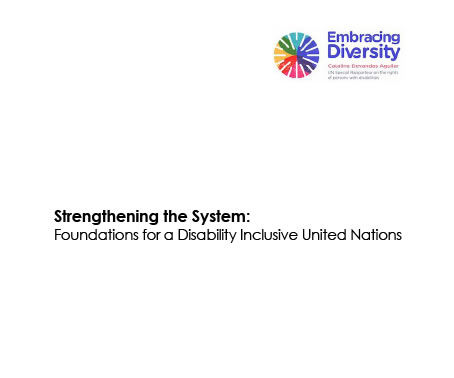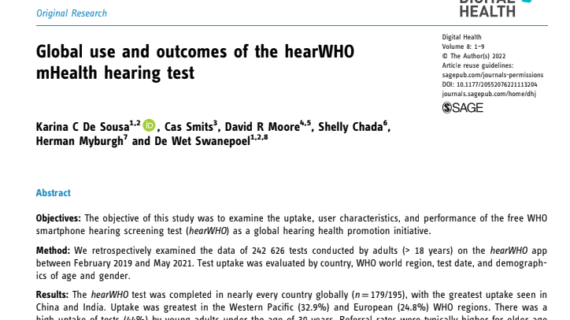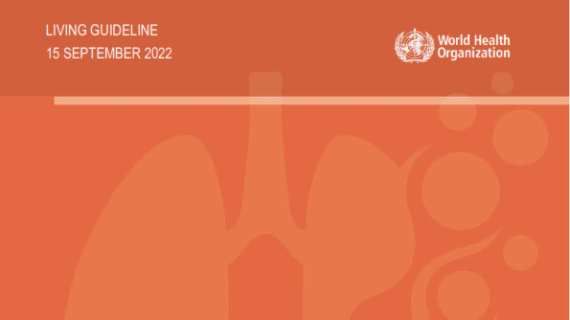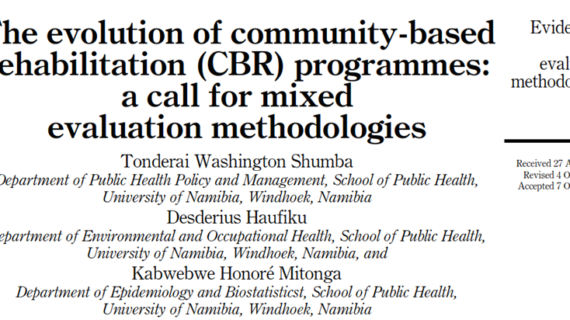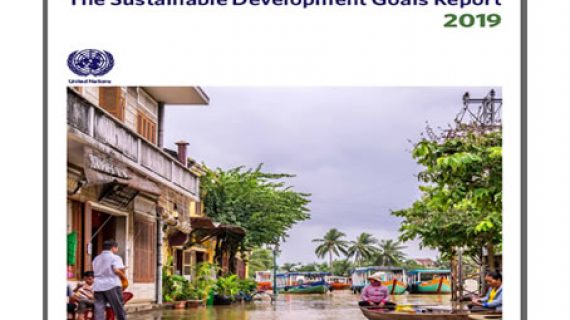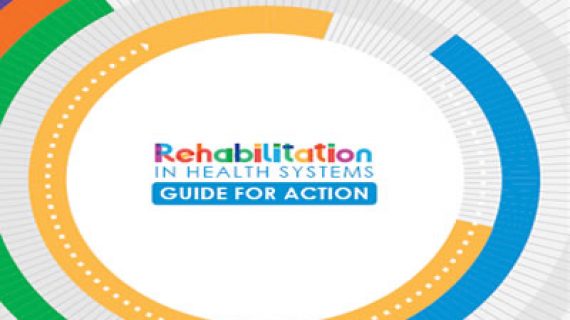Strengthening the System: Foundations for a Disability Inclusive United Nations
An estimated 1 billion people 15 percent of the global population experience disability, and 1 in 5 of these individuals experience significant disabilities. As a group, persons with disabilities are more likely to live in poverty than their peers, to face food insecurity and poorer health outcomes, to be denied educational and employment opportunities, and to experience violence.
Persons with disabilities must contend with inaccessible physical environments and transportation, the unavailability of assistive devices and technologies, non-adapted means of communication, and limited access to services; all of which present discriminatory barriers to their social and economic inclusion, human rights enjoyment, and protection from situations of risk and humanitarian crises.
Advancing the human rights of persons with disabilities and ensuring their inclusion in global development and humanitarian action are thus essential. The United Nations (UN) Convention on the Rights of Persons with Disabilities (CRPD) affirms the inherent dignity and worth of persons with disabilities and calls for urgent action to address the impacts of exclusion, discrimination, and segregation.
The CRPD represents a comprehensive international commitment to respect the rights of persons with disabilities in all areas of life, including civil, political, social, and economic, and to their protection in situations of conflict and humanitarian crises. In order to realize the full inclusion of persons with disabilities into all international cooperation efforts, it embraces the three foundational pillars of the UN System: to advance respect for human rights, ensure peace and freedom from violence, and promote international development.
Recognizing the need to combat discrimination and integrate the rights of persons with disabilities into all aspects of UN operations, the Executive Committee of the Secretary General adopted decision 2018/20 on the inclusion of persons with disabilities. The decision called for a review of the Organization’s operations to inform development of a system-wide policy, action plan and accountability framework addressing issues across various areas of the Organization’s operations, including mandate, capacity, resources, systems, operational guidance and institutional-support structures

